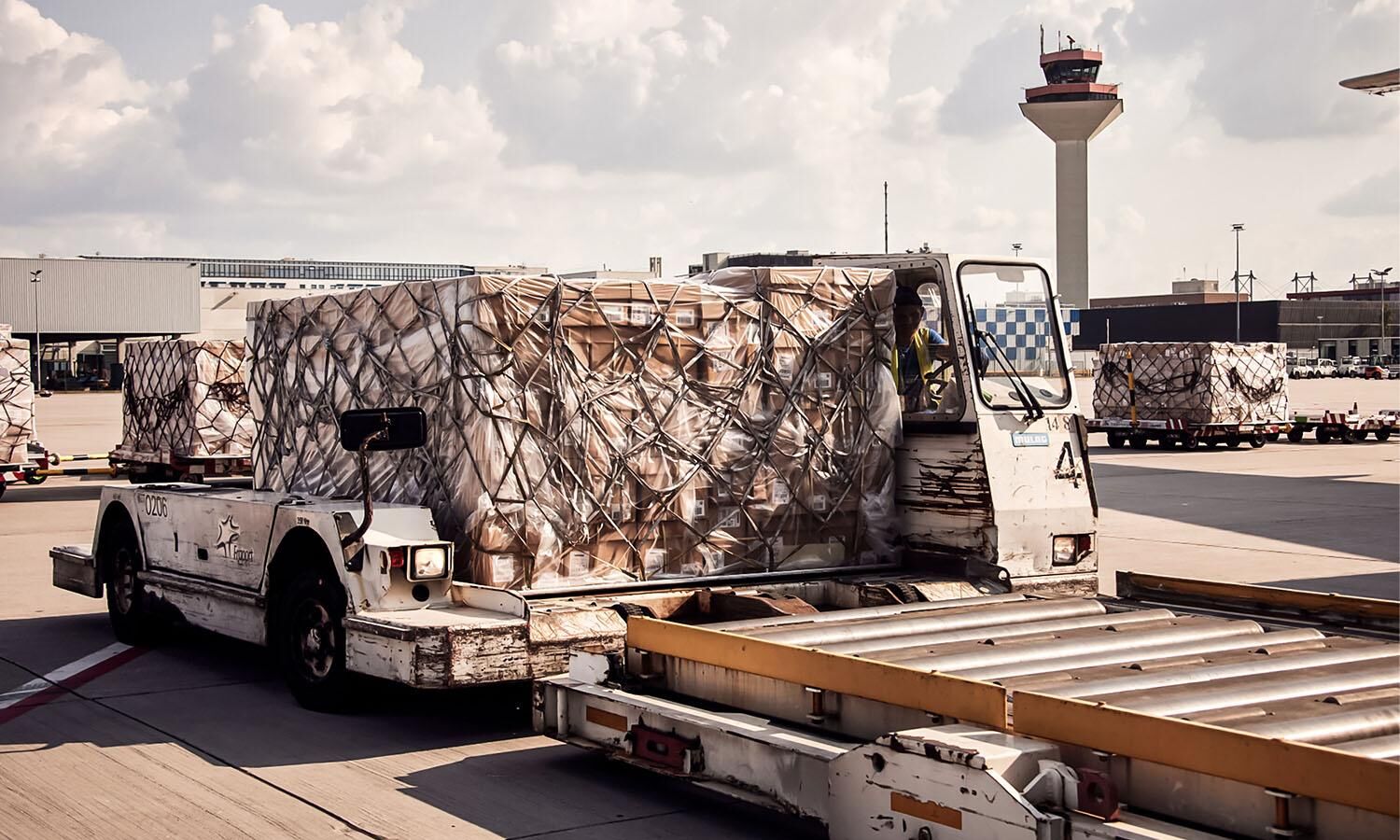The article highlights the significance of technology in optimizing supply chains, particularly in the air cargo industry. Here are some key takeaways:

- Digital transformation is crucial: Airlines, airports, logistics providers, and e-commerce players must adopt digital solutions to improve efficiency, reduce costs, and enhance customer service.
- Cross-border e-commerce presents challenges: As e-commerce grows, customs clearance becomes a critical issue, and digital solutions are essential to expedite the process.
- Retail supply chains benefit from technology: Retailers like Walmart use advanced tools and techniques (e.g., AI, data analytics) to streamline operations, reduce errors, and enhance product availability.
- Organizational culture and collaboration matter: Despite AI's sophistication, conscious leadership and cross-departmental cooperation are essential for successful digital transformation.
- Uncertainty requires adaptability: The unpredictable nature of global supply chains demands that businesses use technology to simulate potential disruptions and adapt their strategies in real-time.
Challenges ahead include:
- Legacy systems and resistance to change: Old systems can hinder progress, and resistance to changing processes might slow adoption of new technologies.
- High initial investment required for digital transformation: Implementing digital solutions often comes with a significant upfront cost.
- Unpredictability of global trade: Geopolitical tensions, regulatory changes, and other factors can impact supply chains, making it essential for businesses to have adaptable solutions in place.
To navigate these challenges, the air cargo industry should:
- Break free from vendor lock-in: Airlines and logistics providers must explore multiple suppliers to reduce dependence on single vendors.
- Address human barriers within organizations: Adopting advanced tools and techniques requires cross-departmental cooperation and conscious leadership to ensure smooth integration.
- Prioritize sustainability and resilience: Businesses should focus on environmentally and socially responsible supply chain management to build a resilient future.
By acknowledging these challenges and leveraging technology, the air cargo industry can unlock new opportunities, enhance customer service, and strengthen its position in the global market.
